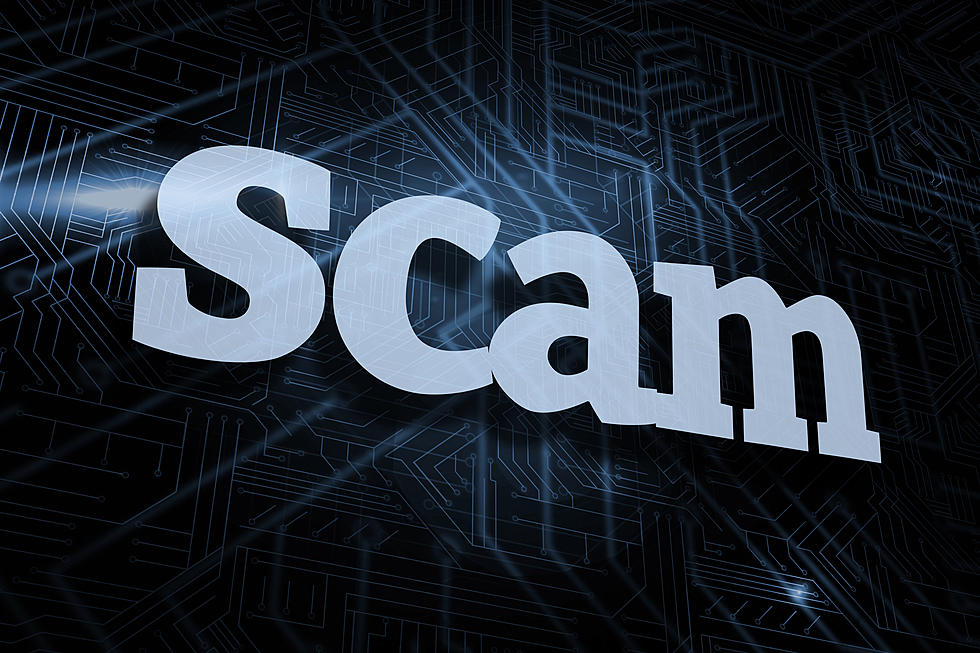
IRS Warns Taxpayers About COVID-19 Economic Impact Payment Scams
The Internal Revenue Service is warning taxpayers that the recently authorized $2.2 trillion Coronavirus, Aid, Relief and Economic Security Act, which will distribute about $300 billion in federal economic impact payments are spurring a surge of scammers, according to a prepared statement.
"We urge people to take extra care during this period," IRS Commissioner Chuck Rettig said in a prepared statement.
"The IRS isn't going to call you asking to verify or provide your financial information so you can get an economic impact payment or your refund faster," Rettig said. "That also applies to surprise emails that appear to be coming from the IRS. Remember, don't open them or click on attachments or links."
Criminals also will attempt to steal through text messages, websites and social media attempts that request money or personal information.
In most cases, the IRS will deposit economic impact payments into the direct deposit account taxpayers previously provided on their tax returns. Those taxpayers who have previously filed but not provided direct deposit information to the IRS will be able to provide their banking information online to a newly designed secure portal on IRS.gov in mid-April.
If the IRS does not have a taxpayer’s direct deposit information, a check will be mailed to the address on file.
The IRS reminds retirees who don’t normally have a requirement to file a tax return that no action on their part is needed to receive their $1,200 economic impact payment.
The IRS also reminds them – including recipients of Forms SSA-1099 and RRB-1099 − that no one from the agency will try to reach to them by phone, email, mail or in person asking for any kind of information to complete their economic impact payment, also sometimes referred to as rebates or stimulus payments.
The IRS reminds taxpayers that scammers may:
- Emphasize the words “stimulus check” or “stimulus payment.” The official term is "economic impact payment."
- Ask the taxpayer to sign over their economic impact payment check to them.
- Ask by phone, email, text or social media for verification of personal and/or banking information saying that the information is needed to receive or speed up their economic impact payment.
- Suggest that they can get a tax refund or economic impact payment faster by working on the taxpayer’s behalf. This scam could be conducted by social media or even in person.
- Mail the taxpayer a bogus check, perhaps in an odd amount, then tell the taxpayer to call a number or verify information online in order to cash it.
Those who receive unsolicited emails, text messages or social media attempts to gather information that appear to be from either the IRS or an organization closely linked to the IRS, such as the Electronic Federal Tax Payment System, should forward it to phishing@irs.gov.
Official IRS information about the COVID-19 pandemic and economic impact payments can be found on the Coronavirus Tax Relief page on IRS.gov.

More From Laramie Live









